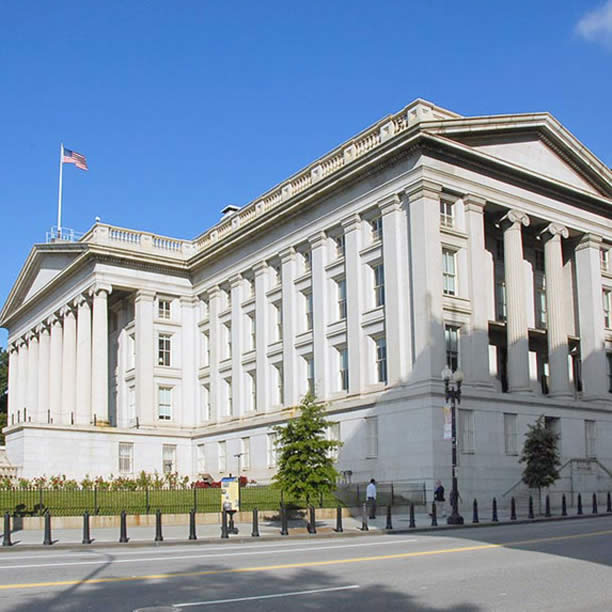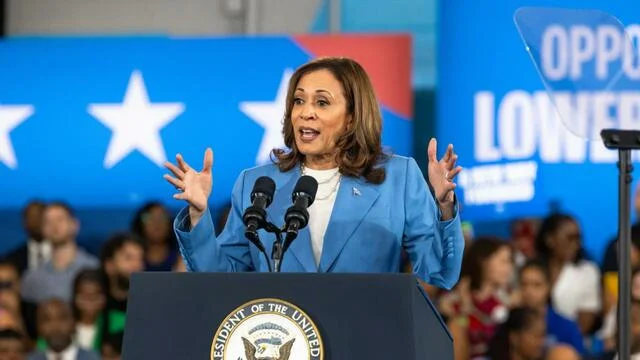Understanding the Budget Deficit Crisis
The Biden Administration"s recent financial report reveals a staggering $1.7 trillion budget deficit, marking a 23.2 percent increase in just one fiscal year. This shocking figure reflects not only economic mismanagement but also a profound failure to address the systemic issues plaguing our welfare state. As reported by the U.S. Department of the Treasury, the government"s fiscal path is unsustainable, leaving millions at risk as it struggles to fund essential programs.
The Illusion of Racial Equity Under Biden
While the Biden-Harris Administration has touted its commitment to racial equity and social justice through landmark legislation, the reality is far more complex. The administration"s equity initiatives, championed as essential for underserved communities, have faced backlash from critics who label them as merely performative. According to a statement from the White House, these efforts are meant to dismantle systemic barriers, yet they often fall short of making meaningful changes on the ground. As we see from the Biden Administration"s equity page, the result is a disillusioned electorate that feels abandoned by a government that promised substantive change.

Southeast Corner Treasury Building, Treasury and the Capitol ...
The Consequences of Economic Disparity
The escalating budget deficit is not merely a number; it represents the erosion of trust in democratic governance. As financial resources dwindle, the government’s ability to fund crucial social programs diminishes, impacting millions who rely on welfare. The historical context of the welfare state underscores this precarious situation. The New Deal established a framework for government intervention in the economy, yet the political nature of welfare has always been contentious. This ongoing debate about the role of government in providing social safety nets has only intensified as we confront rising inequality.
Randomized Trials and Their Hazards
The methodology behind social interventions often mirrors that of clinical trials, with randomized controlled trials touted as the gold standard. However, such practices carry significant risks, including low participation rates and ethical concerns regarding informed consent. The challenges of implementing these trials in real-life settings reveal a troubling trend: policies designed to help often fail to reach those most in need. As highlighted in research, the real-world implications of these interventions can lead to unexpected side effects, further complicating the welfare landscape.

Kamala Harris focuses on economy, unveils policy package in campaign speech
The Federal Reserve"s Role in Economic Instability
Compounding the issue, the Federal Reserve"s monetary policy continues to influence economic developments. As the Fed maneuvers to promote maximum employment and stabilize prices, the reality is that these policies often disproportionately benefit the wealthy. The Federal Reserve’s reports indicate a persistent struggle to balance economic growth with equitable distribution, raising questions about the effectiveness of current strategies. With the budget deficit ballooning and social programs facing cuts, the very fabric of our democracy is at risk.

![[Video] Anti-ICE Protester Pepper Sprayed as CBP Agents Disperse Crowd in Minneapolis](/_next/image?url=%2Fapi%2Fimage%2Fthumbnails%2Fthumbnail-1768260677127-y71sb7-thumbnail.jpg&w=3840&q=75)

![[Video] Several injured as U-Haul truck drives through Iranian protestors in Los Angeles](/_next/image?url=%2Fapi%2Fimage%2Fthumbnails%2Fthumbnail-1768176682028-q95y6j-thumbnail.jpg&w=3840&q=75)
![[Video] Scuffle breaks out between Trump supporters and Anti-ICE protesters in Times Square](/_next/image?url=%2Fapi%2Fimage%2Fthumbnails%2Fthumbnail-1768165958203-hgcgb-thumbnail.jpg&w=3840&q=75)


![[Video] Gunfire between Iraqi security forces and Sadr militias in Baghdad](/_next/image?url=%2Fapi%2Fimage%2Fthumbnails%2Fthumbnail-1768343508874-4redb-thumbnail.jpg&w=3840&q=75)
